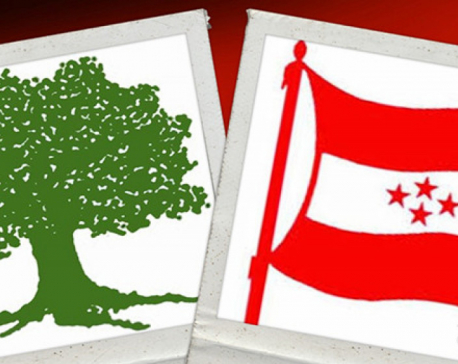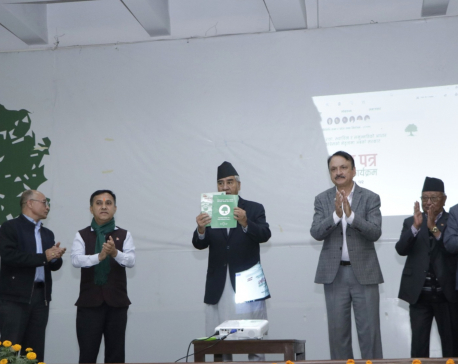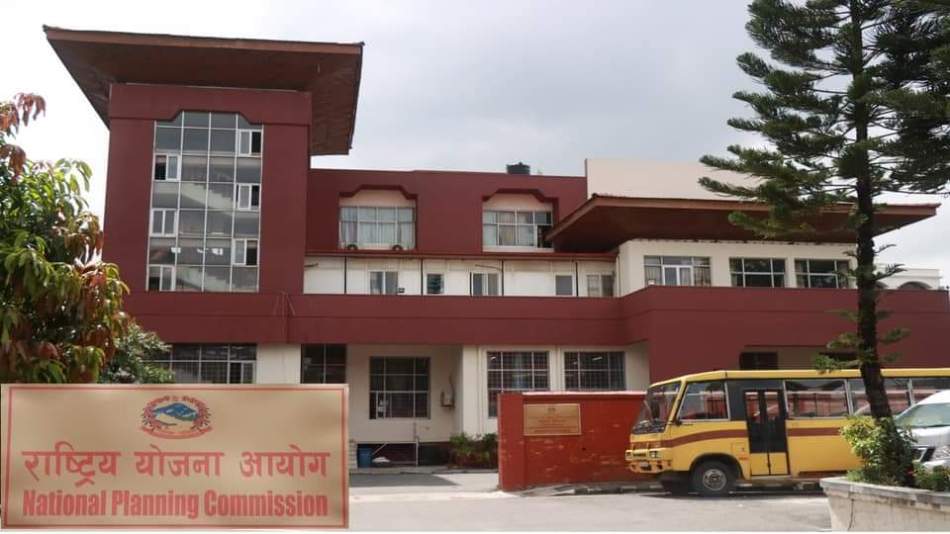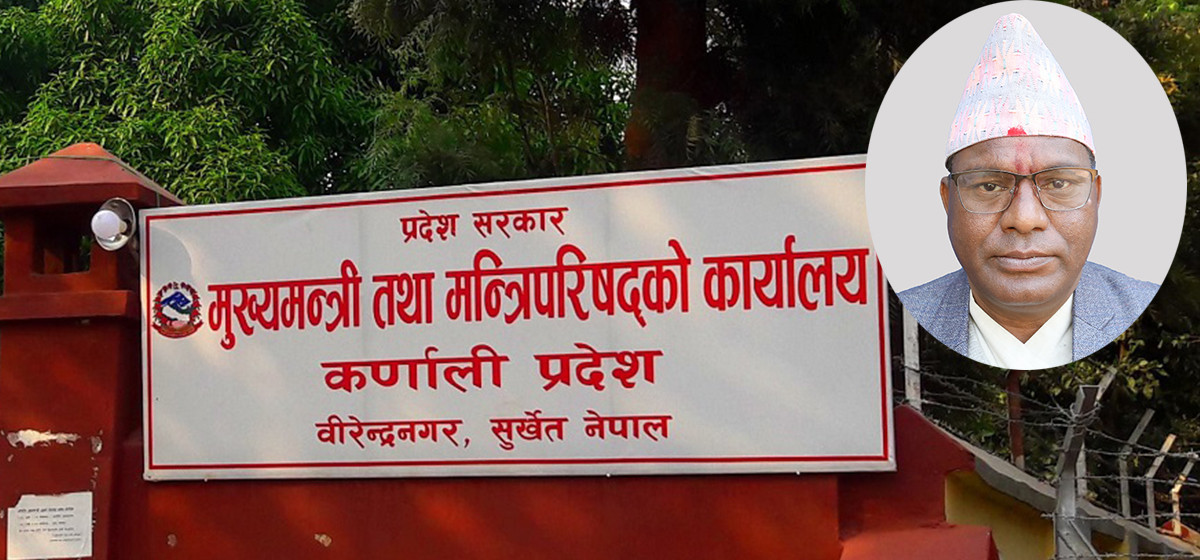
OR
#Editorial
Don’t Repeat Past Mistakes
Published On: December 6, 2022 09:00 AM NPT By: Republica | @RepublicaNepal

With the announcement of the final results of the elections to all 165 berths in the House of Representatives under the first past the post (FPTP) system and the counting of votes cast for 110 seats under the proportional representation reaching the final stage, discussions on the formation of a new government have started. As no party has secured a clear majority, even as a rule of thumb, the Nepali Congress (NC) which has won 57 seats under the FPTP system and stands to win 32 plus seats in the proportional election, should get the opportunity to lead the next government in the capacity of the largest party in parliament. Also, the current five-party ruling alliance led by the NC seems to be in a comfortable position to form the next government, if it gets the support of a few other MPs, including the independent ones. However, if the NC cannot form a coalition government, then the CPN-UML which has secured 44 seats under the FPTP system and is sure to secure 34 plus seats through the proportional system should logically get the chance to lead the government to be formed. These speculations are based on the assumption that the political players in the country, especially the key ones, respect the people’s mandate expressed through the November 20 elections.
However, that doesn’t seem to be the case. As a hung parliament has been elected through the elections, like in 1994, attempts to fish in the murky political waters have begun. The CPN (Maoist Center), a distant third in the recently-held elections with only 18 seats under the FPTP system, has staked its claim to the prime ministership in the next government. The Maoist Center has made the same stance in the meeting of the ruling coalition held recently. The party has even said that it is ready to quit the current ruling alliance and join forces with the UML to form the next government if it is given the chance to lead the government for the first half of the next five years. On the other hand, the Janata Samajbadi Party, which has won 7 seats under the FPTP system and which was a part of the current ruling coalition until right before the elections but fought the elections by forming an alliance with the UML, has decided to part ways with the UML. So, it seems history is repeating itself. The current discussions and debates being held among the parties to form the next government indicate that the country is again going to witness the discrepancies and anomalies including horse-trading seen in the country’s parliamentary politics in 1994. The dirty games the politicians played to form and topple governments after the November 1994 general election in fact fueled the people’s disenchantment against the very parliamentary system. Only two years later, in February 1996, the Maoists’ ‘People’s War’ was launched and the country was caught in a deadly wave of violence for a decade.
Therefore, right now, it’s the duty of every political party not to allow the return of the dirty political games of the past. Everyone should learn from the past and not let a bad phase of history repeat itself. No one is expected to repeat the past mistakes and prevent the government formation process from taking the natural course. But if the mistakes of the past are repeated, that would further fuel the discontent and frustration shown by the Nepali voters during the recently-held elections. The mandate of the voters is clear – form a coalition government through the natural process. This time the voters want to see some change for the better, that’s why they have given a few new parties some space on the Nepali political stage. These new parties should specially keep themselves away from the past anomalies of the parliamentary system or be ready to be punished by the voters in the next elections. The bottom line is no one should repeat the mistakes of the past.
You May Like This

NC wins PA seat from Bardiya 2 A
BARDIYA, Nov 24: Nepali Congress's Janmajaya Timilsina secured a Province Assembly A seat from Bardiya constituency 2. He garnered 17,251... Read More...

NC unveils election manifesto
KATHMANDU, Oct 29: The Nepali Congress has unveiled its election manifesto for the November 20 elections to the House of... Read More...

Election Commission monitors election campaign in Bhaktapur
KATHMANDU, Nov 28: Election Commissioner Sudhir Kumar Shah has carried out on-site monitoring of the ongoing election campaign in Bhaktapur... Read More...







Just In
- National Development Council meeting on Thursday to finalize 16th Plan
- Qatar Emir meets PM Dahal, bilateral agreement and MoUs signed between Nepal and Qatar
- Employee involved in distribution of fake license transferred to CIAA!
- Youth found dead in a hotel in Janakpur
- CM Kandel to expand cabinet in Karnali province, Pariyar from Maoist Center to become minister without portfolio
- Storm likely to occur in Terai, weather to remain clear in remaining regions
- Prez Paudel solicits Qatar’s investment in Nepal’s water resources, agriculture and tourism sectors
- Fire destroys 700 hectares forest area in Myagdi



_20240423174443.jpg)








Leave A Comment